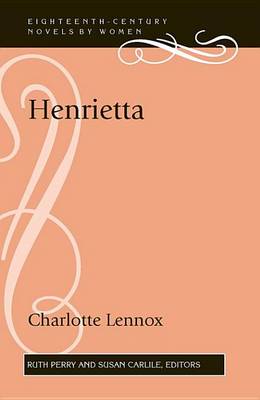Throughout the coal industry's two-hundred-year history, labor issues have dominated its economics and politics. Curtis Seltzer has written a comprehensive historical- analysis of labor relations in the American coal industry-the first since the 1930s. Market forces have victimized coal suppliers and their workers for most of this century as demand shifted to other fuels. Coal producers responded to poor sales and excess production capacity with policies that led to strikes, inefficiency, and turmoil. Since its founding in 1890, the United Mine Workers of America has represented most coal miners, and management has traditionally taken one of two positions toward the UMWA: break it or use it. From 1950 to 1972, the major coal operators and the union formed an industrial partnership whose purpose was to survive a protracted slump in demand by controlling labor costs, increasing productivity, and limiting competition. This partnership eventually led to a rebellion within the UMWA that demanded democratic reform, better contracts, and improved health and safety in the workplace. For the last decade, the UMWA has been reworking its relationship with management, a process marked by conflict and stress. n the years ahead, substantial environmental problems associated with coal combustion may drastically limit coal's growth. New mining technologies may cut labor requirements to the bone. As the shift to renewable energy occurs, coal may experience a transitional period of expansion followed by a rapid decline. These trends will have enormoussocial and economic consequences. Fire in the Hole is a story that captures the people of coal as well as the broad clash of social forces.
- ISBN10 0813138809
- ISBN13 9780813138800
- Publish Date 20 June 2008
- Publish Status Active
- Publish Country US
- Imprint University Press of Kentucky
- Edition Annotated edition
- Format eBook
- Pages 328
- Language English
